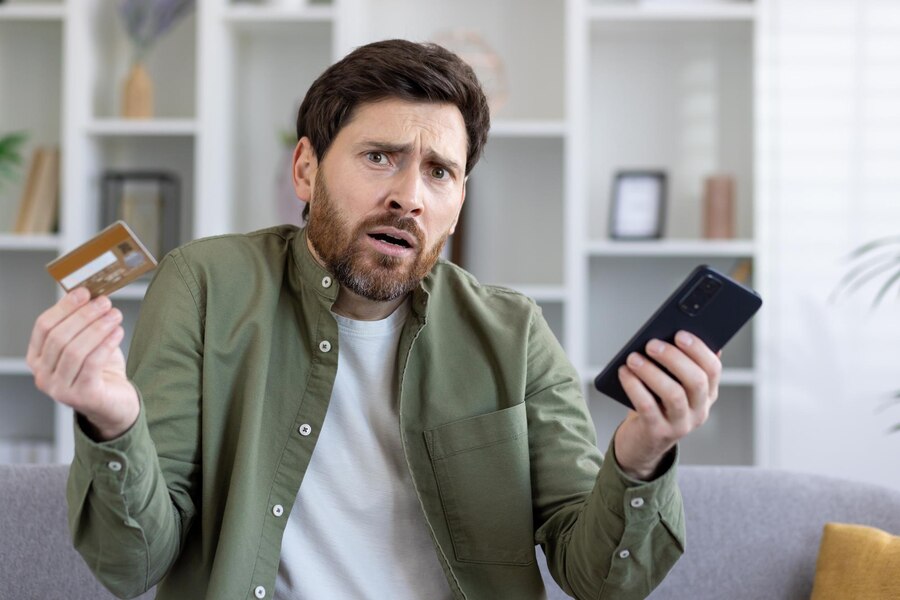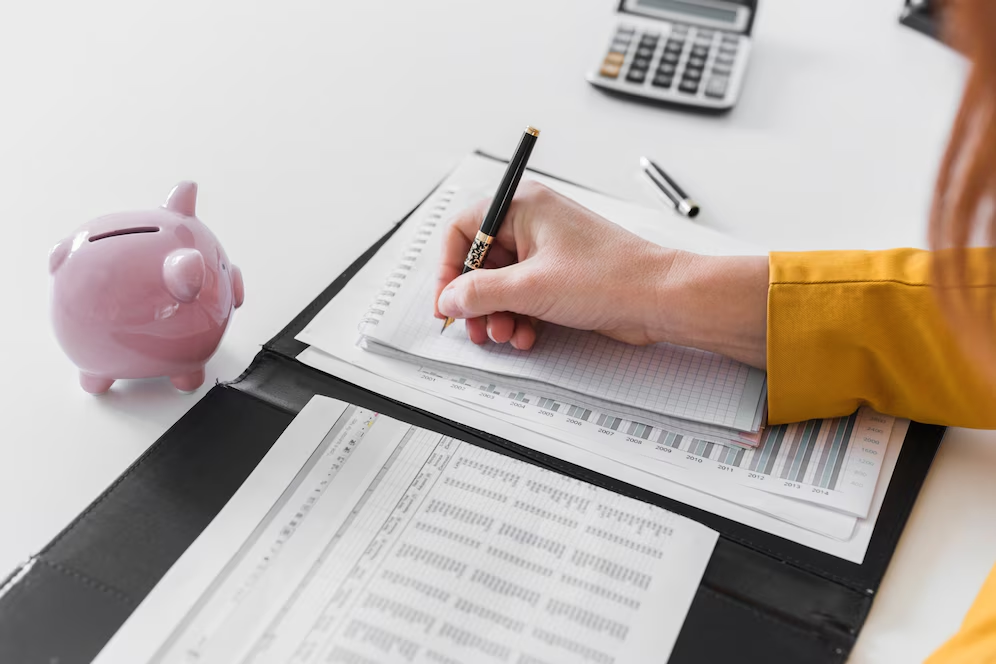When to Stop Using a Credit Card: Clear Signs You Shouldn’t Ignore
Discover the key signs it's time to stop using your credit card. Learn how to avoid financial damage and take back control of your money.
Maxed out? Missing payments? It might be time to hit pause on your credit card.
Credit cards can be incredibly helpful tools—offering convenience, rewards, and the ability to cover expenses when cash is tight. But they can also turn into a financial trap when not used responsibly.
Knowing when to stop using a credit card can save you from long-term debt, damaged credit scores, and major stress.
It’s not always about cutting up the card, but about recognizing the warning signs and taking action before things spiral out of control.
Let’s look at the clearest indicators that it’s time to step back from the swipe and start rebuilding financial health.

1. You’re Only Making Minimum Payments
Making just the minimum payment every month might seem like you’re keeping your account in good standing, but it’s a warning sign.
This approach barely reduces your balance and causes interest to pile up quickly. If you can’t afford to pay more than the minimum regularly, it’s a red flag that your spending is outpacing your budget.
When you stop using the card, you halt the accumulation of new charges—giving yourself a chance to catch up and focus on repayment.
2. Your Balance Keeps Growing
If your balance has been steadily rising for several months (or worse, years), it’s time to reassess. A rising balance means you’re spending more than you can pay off. That kind of behavior, left unchecked, leads to overwhelming debt and a major hit to your credit score.
Taking a break from credit card use lets you put the brakes on this cycle and evaluate your spending habits.
3. You’re Using One Card to Pay Another
Using one credit card to pay off another—often called a balance transfer or cash advance shuffle—is a major warning sign. It’s like digging one hole to fill another. This often leads to higher interest rates, fees, and more stress.
This strategy is rarely sustainable and usually indicates a deeper financial problem. If you’re doing this, it’s time to stop using all cards until you’ve created a solid repayment plan.
4. Your Credit Score Is Dropping
Credit card misuse often shows up in your credit score. A rising utilization rate (using too much of your credit limit), missed payments, or defaults all cause your score to fall.
If you’ve noticed a drop in your score and you’re unsure why, check your credit card usage first.
Halting new charges while you work on lowering your balance is one of the best ways to start rebuilding your score.
5. You’re Feeling Financial Anxiety or Guilt
Money stress is real—and if swiping your card fills you with dread or regret, listen to that. Emotional signs are just as important as financial ones.
If you’re constantly worried about how you’ll pay your next bill or feel guilty after each purchase, your relationship with credit has become unhealthy.
Stopping credit card use can give you the breathing space you need to regain confidence and create a healthier money mindset.
6. You’ve Lost Control of Your Budget
If you’ve tried budgeting but find yourself constantly relying on credit cards to make ends meet, that’s a sign something needs to change.
You may not be living within your means, and continuing to use credit only masks the problem temporarily.
Stop using the card, revisit your income and expenses, and start building a budget that works without debt as a crutch.
7. You’re Facing a Drop in Income
Job loss, reduced hours, or any decrease in income should trigger a reassessment of your spending. Continuing to use your credit card during this time can quickly lead to unmanageable debt.
In times of financial uncertainty, it’s smarter to cut spending, focus on essentials, and reserve credit use for emergencies only.
Final Thoughts
Stopping credit card use doesn’t have to be permanent—but it can be the reset you need. Recognizing the signs early and taking action can help you avoid deeper debt and long-term financial harm.
Focus on paying off balances, living within your means, and rebuilding a healthy financial foundation. Once you’re in control again, you can return to using credit cards responsibly—with confidence, not crisis.







